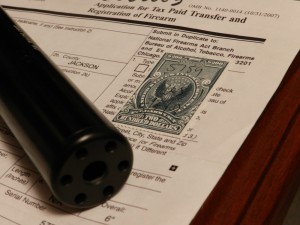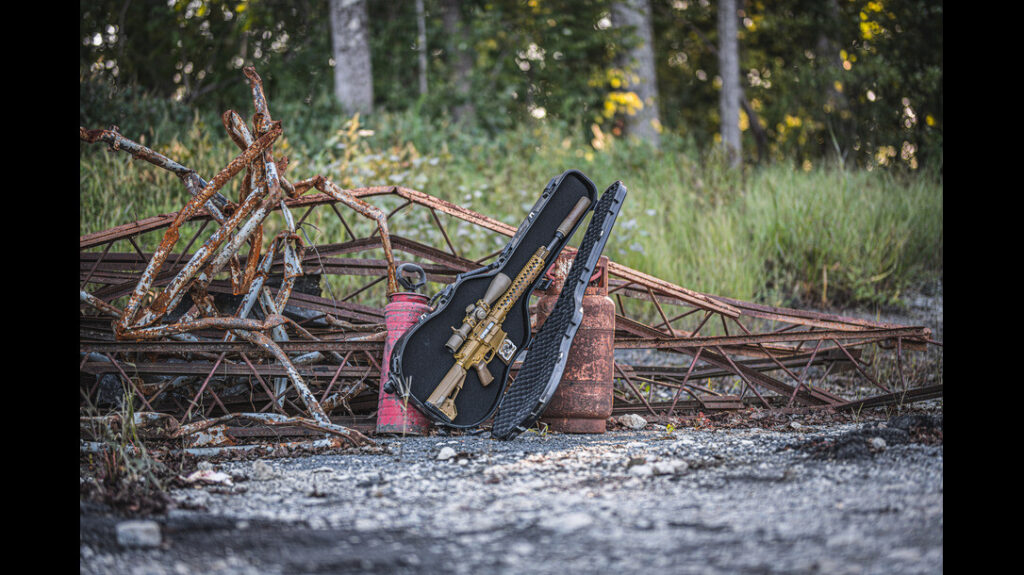Whether it’s Travis Bickle’s preparations in Taxi Driver, Vin Deisel’s “500 Street Fights” monologue from Knockaround Guys there are plenty of examples of how the pursuit of capability can overrun the rest of your life, and become this all-consuming initiative that can consume the very life you’re trying to defend.
It’s important to keep these things in perspective because, especially for those of us that have managed to get this far in life without having been directly impacted by criminal violence, there will always be this nagging doubt of “how ready am I really?”. This doubt, combined with the pervasive mantra of “good enough is never good enough” can drive someone into an unhealthy mindset if it’s not tempered correctly, and negatively impact your quality of life.
I’ll use examples from my own life:
Advertisement — Continue Reading Below
Example 1:
For my 30th birthday, my wife took me to Las Vegas for the first time. We hit a bunch of great restaurants, I had a lucky streak at the tables as a first-time player, and we caught a couple of shows. Since we don’t visit Vegas regularly, she also wanted to take the opportunity to catch Britney Spears’ show back when she had a residency. It was the only thing she really wanted to do while we were there, so of course, I obliged.
Now, as with many young self-defenders of the era, I didn’t like crowds and I didn’t like that many people being so close to me. It wasn’t really a problem before or during the show, but afterward, when it let out I found myself in the middle of a sea of bodies, and it resulted in what I can only assume was an anxiety attack. I was overwhelmed with a sense of dread, even though I was in absolutely no danger. But “you’re not supposed to let people get close to you” and all those other cliches had conditioned me to fear this situation, so my system responded accordingly.
Advertisement — Continue Reading Below
Example 2:
I was friends with several very capable shooters who would describe themselves as “ok” or “passable” in terms of their shooting ability. The problem with this was that they simultaneously were putting out content of them shooting at a level way higher than I could perform. This created a serious disconnect in my mind. I remember thinking to myself “If these guys are ‘just ok’ and they’re lightyears ahead of me in terms of shooting ability, then what does that mean for me? Do I even have a fighting chance, or am I as good as dead?” At that point in my development, I’d had maybe 100 hours or so of open enrollment training.
I reached out to another friend who I knew had first-hand experience with criminal violence, and could offer me a realistic perspective. His advice to me essentially was “You don’t get to pick the day or the enemy. If your number is up, can you die knowing you gave it your all and that the other guy had to work for it? Tier 1 dudes with millions of dollars in training with the latest guns and gear sometimes get got by illiterate goatherds in sandals with 60-year-old rifles.”
Advertisement — Continue Reading Below
It helped me accept that there are aspects of this whole thing that are outside my control. More importantly, I would have missed out on some of the most fulfilling experiences of my life if I’d allowed the gun to dictate my life. I got to attend a dear friend’s wedding in New York, I took my wife to the Dominican Republic for our honeymoon, I had dinner with a Broadway cast in Chicago while they were touring, and I’ve seen The Pietà in person.
Cecil Burch tells a story about a student who, after taking Immediate Action Combatives’ coursework, finally took his wife to Rome after years of her asking, because he no longer feared traveling without his firearm.
Melody Lauer says “the gun is supposed to be an enabler, not a disabler”. Let your defensive capabilities allow you to live your life, not chain you only to the activities where you can bring a gun.
Advertisement — Continue Reading Below















